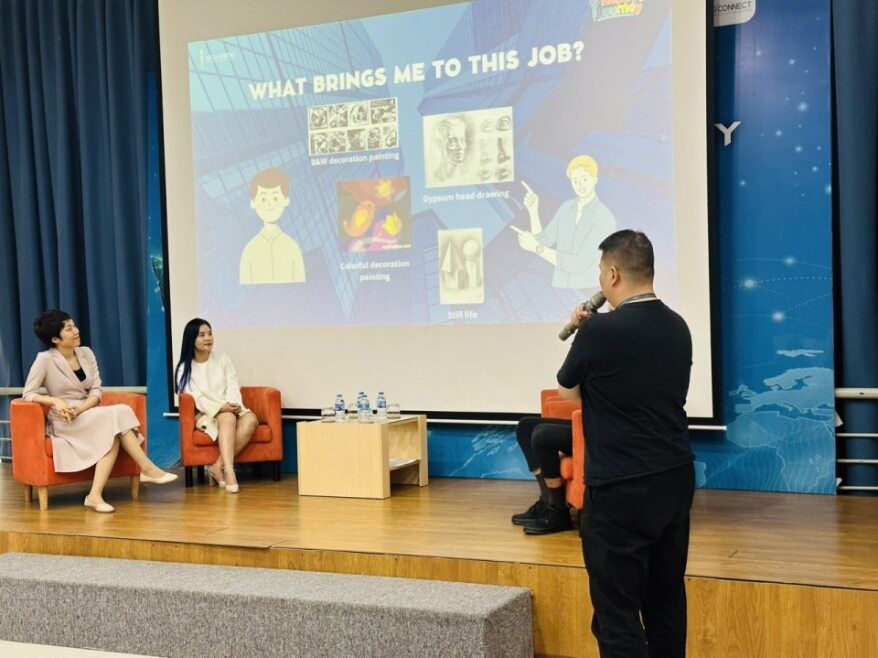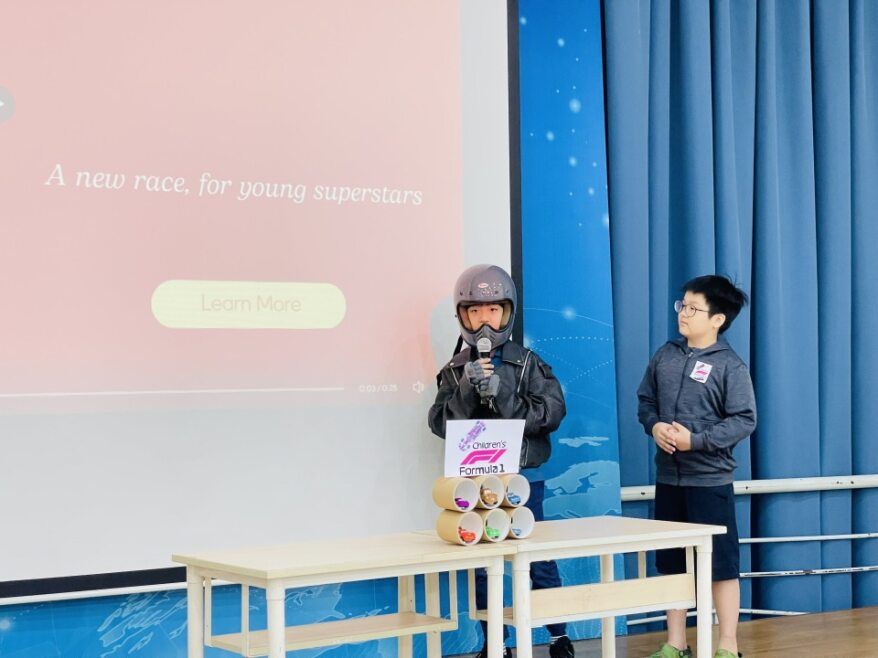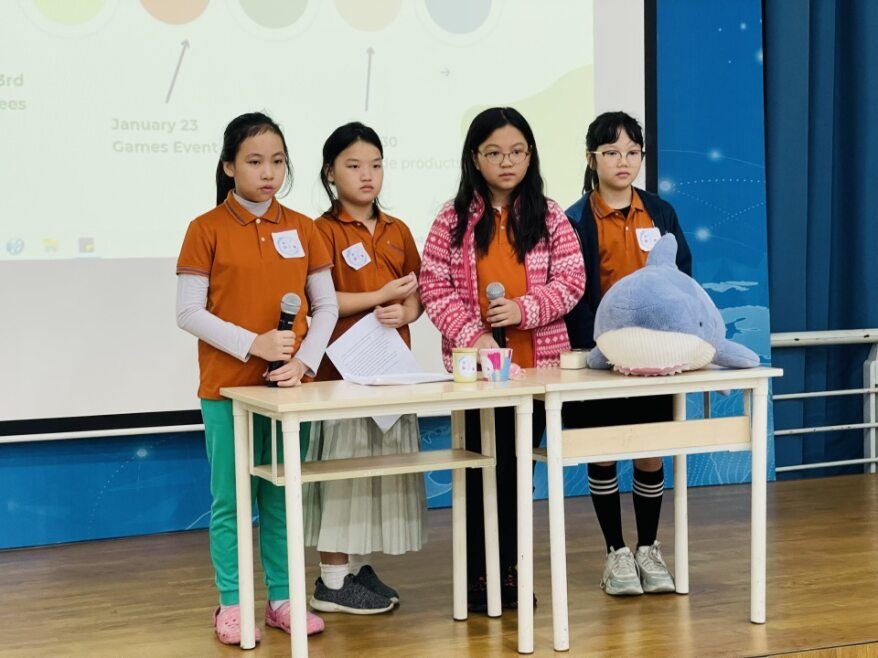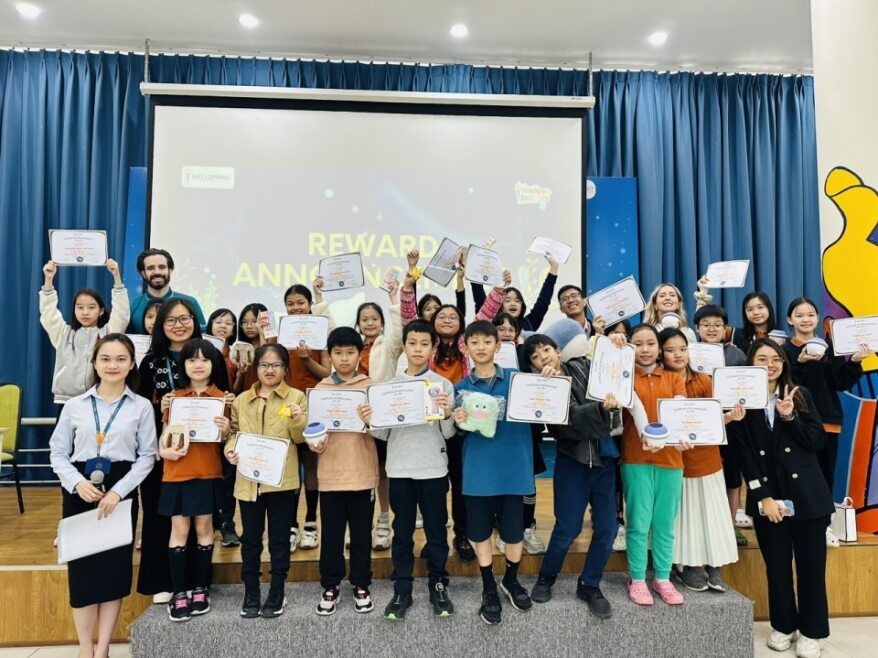INTEGRATING PROJECT-BASED LEARNING INTO THE JUNIOR SHARK TANK PROJECT: A SUCCESS STORY
-
Format
Online Course -
Starting date
December 15 -
Author
Nguyen Hong NhungNguyen Thu HienPham Thi Phuong Anh -
Video
10 minutes






Course Overview
This course is designed to guide educators through the principles and practices of Project-Based Learning (PBL) using the innovative Junior Shark Tank Project as a model. Aimed at educators who wish to introduce PBL in their classrooms, this course offers a step-by-step framework for creating impactful learning experiences that inspire students to develop critical skills, including collaboration, creativity, communication, and problem-solving, with a strong focus on eco-consciousness and career exploration.
Participants in this course will gain practical insights into planning and executing a PBL unit, starting from defining clear objectives to setting up engaging project phases and facilitating meaningful student presentations. The course explores how to integrate multiple disciplines—such as English, Math, Science, and ICT—into a cohesive project that encourages students to think like entrepreneurs and apply their learning to real-world contexts. Participants will learn to lead activities that include brainstorming company values, developing business plans, designing logos, and presenting eco-friendly products in a "shark tank" format.
Key Components:
1. Foundations of Project-Based Learning: Understanding the core principles of PBL and how it transforms student engagement and learning outcomes.
2. Designing a Junior Shark Tank Project: Step-by-step guidance on structuring and implementing a business-themed PBL unit.
3. Cross-Disciplinary Integration: Techniques for aligning project activities with curriculum standards across subjects.
4. Building 21st-Century Skills: Strategies for helping students build critical thinking, collaboration, and entrepreneurial skills.
5. Assessment and Reflection: Effective methods to evaluate student progress and promote reflection on learning and personal growth.
By the end of this course, educators will be equipped to implement a project in their own classrooms, leveraging PBL to create a transformative educational experience that not only teaches essential content but also prepares students for future challenges and career paths.
Explain the core principles of PBL and its significance in fostering engagement, creativity, and critical thinking in students.
Apply the steps to develop a realistic PBL project by creating a detailed project plan that includes activities, learning objectives, and support strategies for implementing a project.
Identify and integrate content from multiple disciplines (English, Math, Science, and Information Technology) within a PBL project, promoting holistic and practical knowledge application.
Build a learning environment that supports the development of key skills like collaboration, problem-solving, communication, and creativity while applying effective assessment methods to track progress and outcomes.
Set up a structured process to manage activities such as teamwork, idea presentation, peer feedback, and reflection to enhance student engagement and ownership of their work.
Guide students in self-assessing their project process and outcomes, helping them recognize strengths and areas for growth, while fostering personal development and career awareness.
Provide strategies for preparing and executing activities like product presentations, enabling students to showcase their work professionally and persuasively.
Course Lessons

